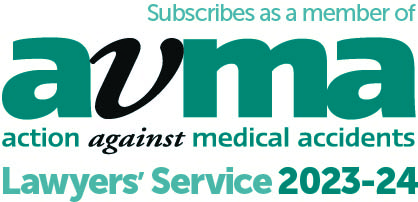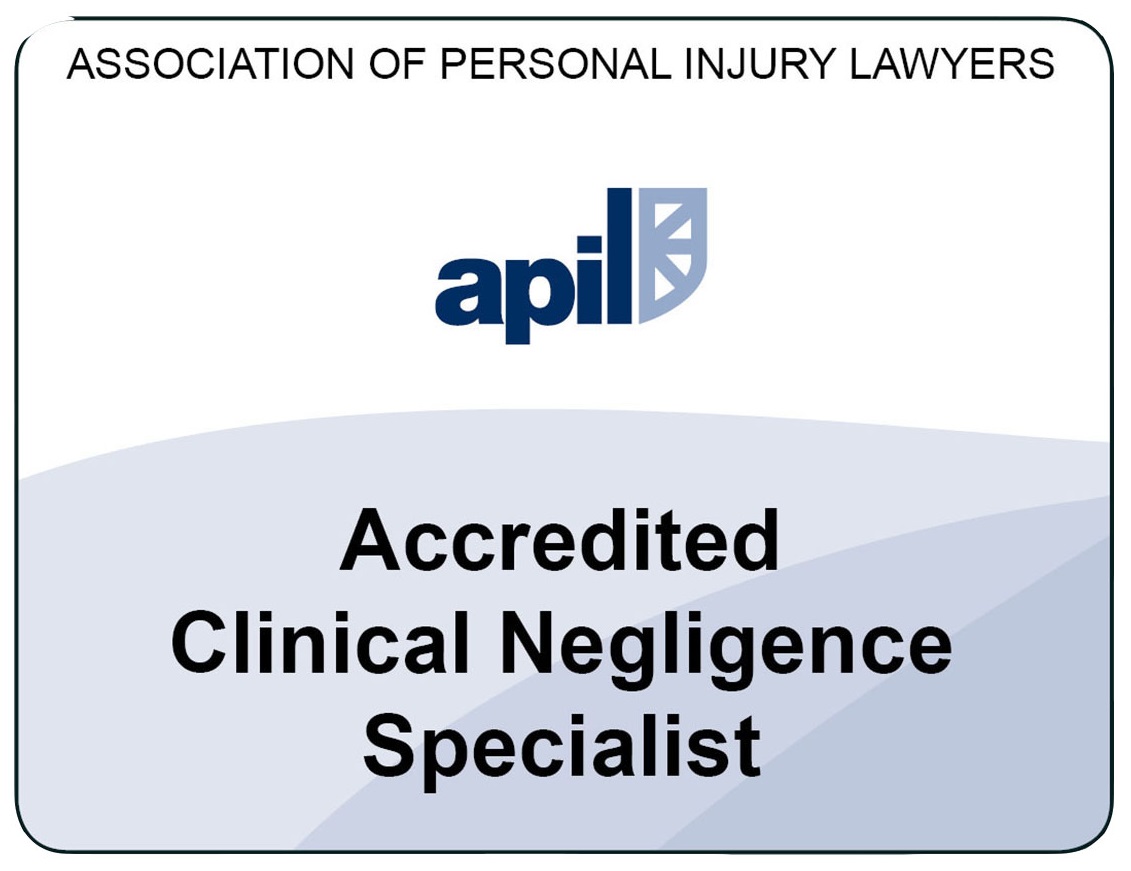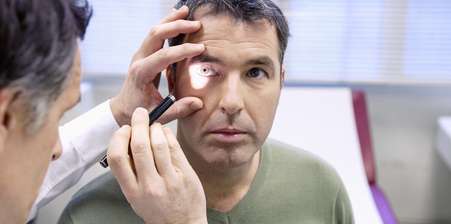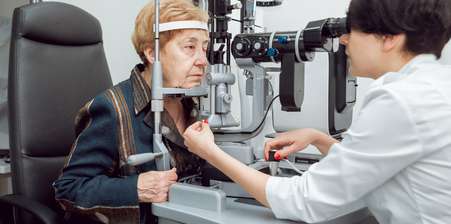Eye and ophthalmic compensation claims
If you have problems with your eyesight because of problems or complications during your medical care, you might have a medical negligence compensation claim.

Eye and opthalmic compensation: Expert medical negligence solicitors
Problems with your eyesight can be life changing. Mistakes during ophthalmic treatment and eye surgery can lead to reduced vision, visual impairment and blindness. Medical errors during other medical procedures, such as treatment for a stroke, can also cause vision loss or reduced vision.
If you’ve suffered because of mistakes during an NHS or private treatment, an ophthalmic negligence solicitor can help you make a compensation claim.
No win, no fee
We work on a no win, no fee basis, so there’s no need to worry about costs. Plus, our specialist solicitors provide an initial free assessment of your claim.
Examples of eye and ophthalmic medical negligence claims
Opticians, GPs and Hospital doctors (including Ophthalmologists and Ophthalmic Surgeons) can make mistakes which cause damage and sight loss.
Our medical negligence solicitors help clients who have problems with their sight due to:
- complications following a stroke
- lack of timely follow up glaucoma patients
- delayed diagnosis or misdiagnosis of acute angle glaucoma
- delayed diagnosis or misdiagnosis of raised intracranial pressure
- delayed diagnosis or misdiagnosis of giant cell arteritis (GCA)
- delayed diagnosis and treatment of brain tumours resulting in damage to vision
- delayed diagnosis and treatment of Retinopathy of Prematurity (ROP)
- delayed diagnosis or misdiagnosis of detached retinas
- surgical error during, for example, laser eye surgery and lens surgery; cataract removal/repair surgery; brain surgery
How a compensation claim can help
Problems with your vision can of course affect your everyday life. A compensation claim can provide assistive equipment, treatment, care and financial security. Here are some examples of things we can help you claim for:
- compensation for loss of income if you are unable to return to work, or have missed work
- transport assistance
- care and support at home
- house adaptation
- walking aids; and
- technology aids, for example adapted tablet computer.
We’re here to help
Our specialist solicitors have undertaken Visual Awareness Training with Support 4 Sight to help us work with visually impaired clients. We understand your needs and we are always happy to help.
Come in for a free, confidential, no obligation chat, or fill out our enquiry form and we will let you know how we can help. We can also visit you at home if you wish.
Our medical negligence lawyers are based in:
- Cambridgeshire: Cambridge
- Essex: Brentwood, Chelmsford and Saffron Walden
- Hertfordshire: Bishop's Stortford and Royston
But we can help you wherever you are in England and Wales.
Eye and opthalmic compensation FAQ's
Multiple eye procedures exist. The list below contains examples of the most common procedures which can result in negligence claims:
- Cataracts surgery – an ophthalmic surgeon removes a cloudy lens from the eye and it is replaced with an artificial lens.
- Glaucoma surgery – excess fluid is removed which causes increased pressure in the eye. If left untreated this could result in damage to the optic nerve.
- Retinal detachment surgery – an ophthalmic surgeon corrects a detached retina in order to save the patient’s vision and secure the retina in place whilst it heals.
- Surgery for eye conditions relating to diabetes – an example is surgery performed to rectify damage to the eye’s blood vessels.
The effects of negligent eye treatment can be life changing since we are all dependent on our sight. Daily tasks can prove more challenging without support. Some of the most common consequences of negligent eye treatment include:
- · Blindness
- Difficulties with night vision
- Over-correction or under-correction of a patient’s sight
- Ptosis (i.e. drooping of the upper eyelid).
The cornea covers the front of the eye, protecting it and focusing light. It is strong and durable in nature but can be subject to damage during procedures. Possible side effects include:
- Infection
- Scarring
- Corneal haze (i.e. mistiness of vision which is long term in nature).










